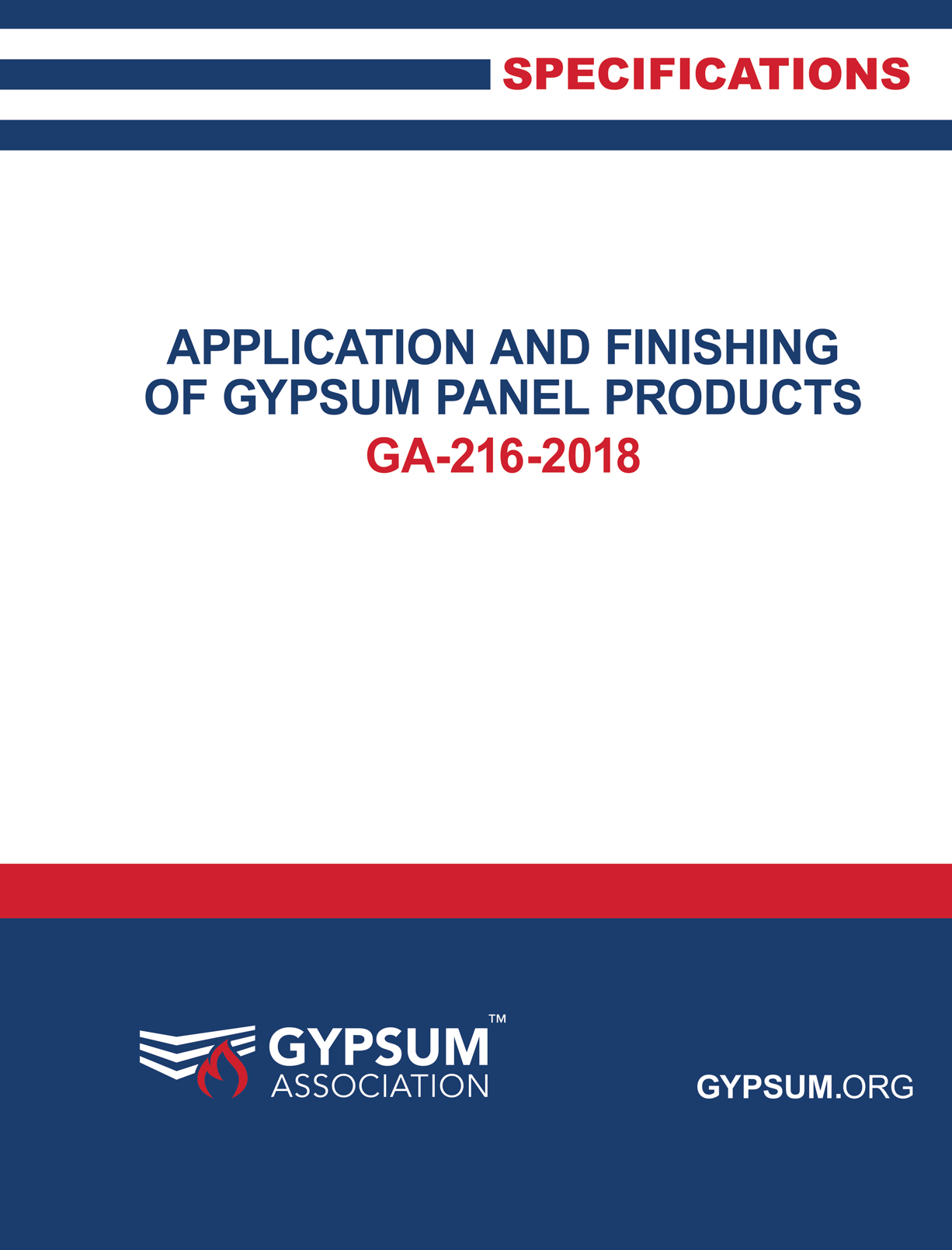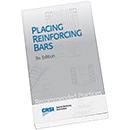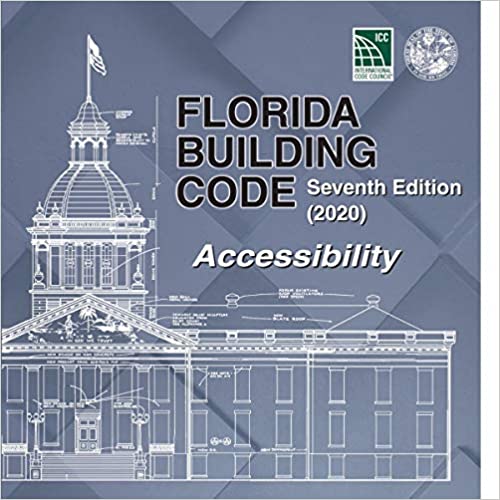GA-216-2018: Application and Finishing of Gypsum Panel Products, 2018 ed Paperback – 2018
$42.95
GA-216-2018: Application and Finishing of Gypsum Panel Products, 2018 ed Paperback – 2018
The GA-216 is referenced in the International Building Code as an appropriate standard for the application and installation of gypsum boards and panels. New to this edition are:
- Additional clarification of the language on steel studs and AR/IR boards.
- Updated criteria for panels over concrete (direct adhesion is no longer allowed).
- Additional information on addressing screw spinout.
- The including of GA-223 as a reference, so users know where to go within ASTM or other GA publications for additional information and specifications.
The GA-216-2018 includes specifications for the application of gypsum panels to flat wall insulating concrete forms (ICFs). This product is popular among residential, multifamily, and commercial builders due to its combination of high thermal mass and insulation, which reduce heating and cooling costs. Gypsum wallboard is the most popular interior finish for these structures and GA-216 provides needed guidance in this growing construction field.
The GA-216-2018 features:
- Specifications for the application of gypsum panels to flat wall insulating concrete forms (ICFs)
- Application of single-and multi-layer gypsum panel products to wood framing members
- Gypsum panel product application over steel framing and furring
- Semi and solid gypsum panel products partitions
- Gypsum panel product application over rigid plastic foam insulation
- Application of rigid predecorated combustible panels (paneling) to gypsum substrate
- Application of gypsum panel products to outside corners, arches, and curves
Architects and specifiers consult GA-216 to ensure proper handling and storage of wallboard on the jobsite, guide installation of gypsum boards over appropriately spaced and installed wood or steel framing, and determine when and if control joints should be used. Installers rely on the GA-216 to determine appropriate methods of installation. It guides wallboard layout, selection of fastener types, and fastener spacing for many different gypsum panel types. A new detail illustrates and clarifies existing language describing the proper placement of joints around window and door openings.
16 in stock
Description
GA-216-2018: Application and Finishing of Gypsum Panel Products, 2018 ed Paperback – 2018
The GA-216 is referenced in the International Building Code as an appropriate standard for the application and installation of gypsum boards and panels. New to this edition are:
- Additional clarification of the language on steel studs and AR/IR boards.
- Updated criteria for panels over concrete (direct adhesion is no longer allowed).
- Additional information on addressing screw spinout.
- The including of GA-223 as a reference, so users know where to go within ASTM or other GA publications for additional information and specifications.
The GA-216-2018 includes specifications for the application of gypsum panels to flat wall insulating concrete forms (ICFs). This product is popular among residential, multifamily, and commercial builders due to its combination of high thermal mass and insulation, which reduce heating and cooling costs. Gypsum wallboard is the most popular interior finish for these structures and GA-216 provides needed guidance in this growing construction field.
The GA-216-2018 features:
- Specifications for the application of gypsum panels to flat wall insulating concrete forms (ICFs)
- Application of single-and multi-layer gypsum panel products to wood framing members
- Gypsum panel product application over steel framing and furring
- Semi and solid gypsum panel products partitions
- Gypsum panel product application over rigid plastic foam insulation
- Application of rigid predecorated combustible panels (paneling) to gypsum substrate
- Application of gypsum panel products to outside corners, arches, and curves
Architects and specifiers consult GA-216 to ensure proper handling and storage of wallboard on the jobsite, guide installation of gypsum boards over appropriately spaced and installed wood or steel framing, and determine when and if control joints should be used. Installers rely on the GA-216 to determine appropriate methods of installation. It guides wallboard layout, selection of fastener types, and fastener spacing for many different gypsum panel types. A new detail illustrates and clarifies existing language describing the proper placement of joints around window and door openings.
Additional information
| Weight | 1 lbs |
|---|---|
| Dimensions | 10.6 × 7.9 × .2 in |





